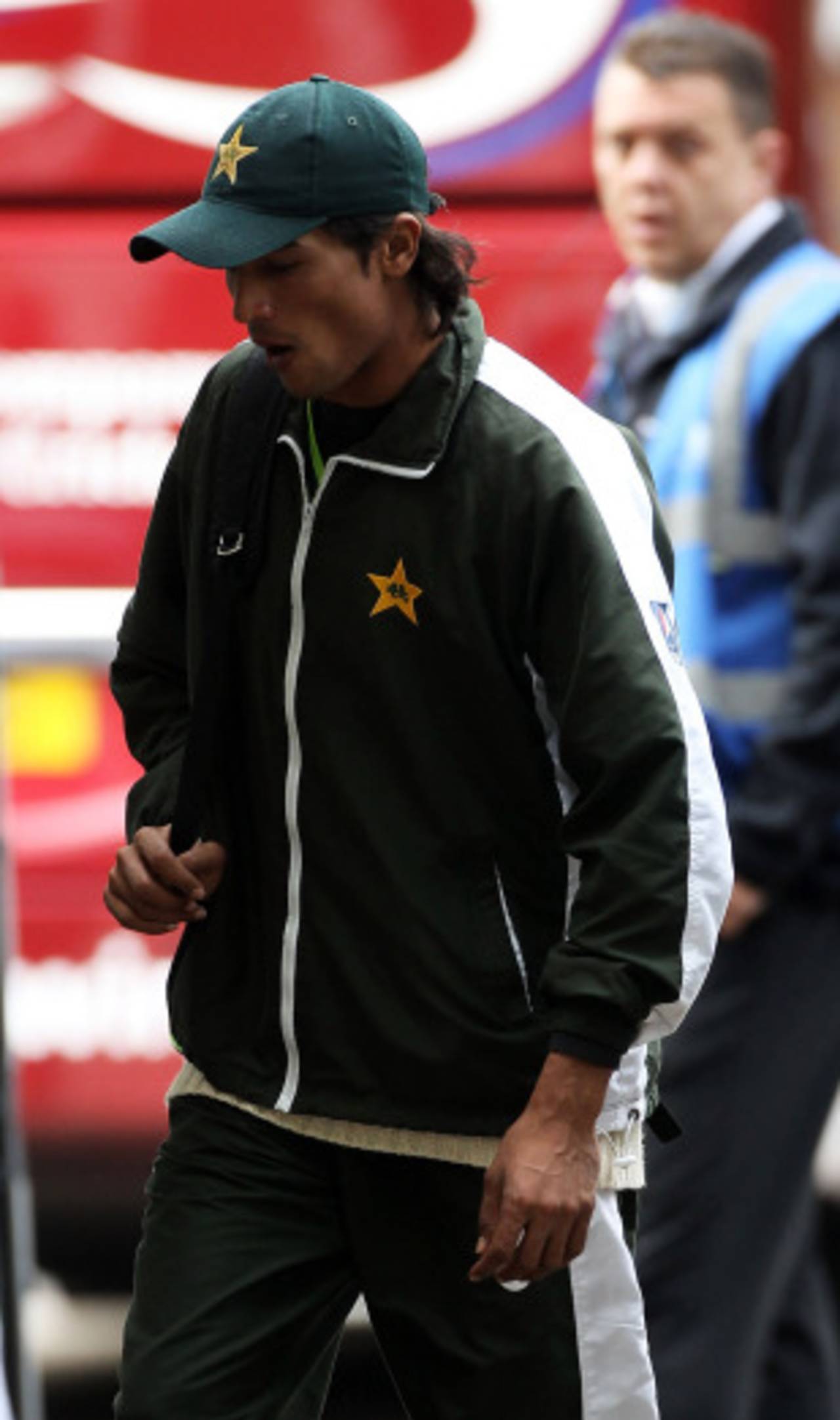The spot-fixing scandal that has embroiled Pakistan cricket in the wake of the News of the World sting operation has a number of ex-players and administrators clamouring for life bans for anyone found guilty. However, the ICC's anti-corruption code, which lays out a very specific procedure that must be followed in the case of spot or match-fixing, leaves scope for leniency depending on the situation.
Any allegations must first be referred to the Anti-Corruption and Security Unit's (ACSU) general manager for investigation. If he, in consultation with the ICC's CEO and legal head, determines there is a case, the player will be sent a notice. If the player chooses to deny the allegations and requests a hearing in writing, the ICC will refer the case to the chairman of the code of conduct commission, who will appoint three members from the commission to form an anti-corruption tribunal to hear the case. If the player has been found guilty by a court of law, the ICC has the right to take the court's judgement into account.
The code, which came into effect on October 6, 2009, stipulates a maximum punishment of a life ban for anyone found guilty of corruption, with the minimum punishment being a five-year ban. It also decrees that the ICC must first "determine the relative seriousness of the offence, including identifying all relevant factors that it deems to mitigate (or aggravate) the nature of the offence."
While the police investigation is at a preliminary stage and there is a lot of work to be done before the allegations can be proved or disproved, two of the mitigating factors listed by the ICC appear to apply to Mohammad Amir, the young Pakistan fast bowler who has thrilled fans all summer with his ability to run through batting line-ups. The first is the player's age or lack of experience at the international level and the second is whether the offence "did not affect (or have the potential to affect) the result of the relevant International match(es) or ICC event(s)."
Amir turned 18 in April this year and his alleged collusion to bowl a no-ball would have had little impact on a Test Pakistan lost by an innings and 225 runs. Amir was also not part of the Sydney Test against Australia earlier this year, which has been investigated by the ACSU and been implicated by Mazhar Majeed, the property dealer at the center of the controversy.
Other factors to be considered include the player's previous disciplinary record, any admission of guilt and anything else the ICC thinks is a mitigating factor.
Factors that could influence the tribunal to issue a harsher punishment include a lack of remorse on the part of the player, a history of transgressions and whether the amount of the money received by the player was substantial. Actions that affect the outcome of the match are to be judged more harshly than those that do not.
On Sunday the News of the World claimed Majeed was paid £150,000 to arrange a fix involving Pakistan's new-ball bowlers, Amir and Mohammad Asif, whom he allegedly asked to bowl no-balls at specific moments of the match.
When asked if the ICC needed a stronger code to guard against spot-fixing, as opposed to match-fixing, the organisation told Cricinfo the "Anti-Corruption Code for Players and Player Support Personnel was updated and strengthened as recently as late 2009. It is a robust and thoroughly modern document which is entirely appropriate for the types of corruption that threaten the game today."
If a player were to be found guilty, the ICC would provide the player and his respective national cricket federation with details of the findings and the accompanying sanctions, which will begin on the date they are issued. A sanctioned player has the right to appeal within 21 days of receiving his punishment.
Tariq Engineer is a senior sub-editor at Cricinfo
